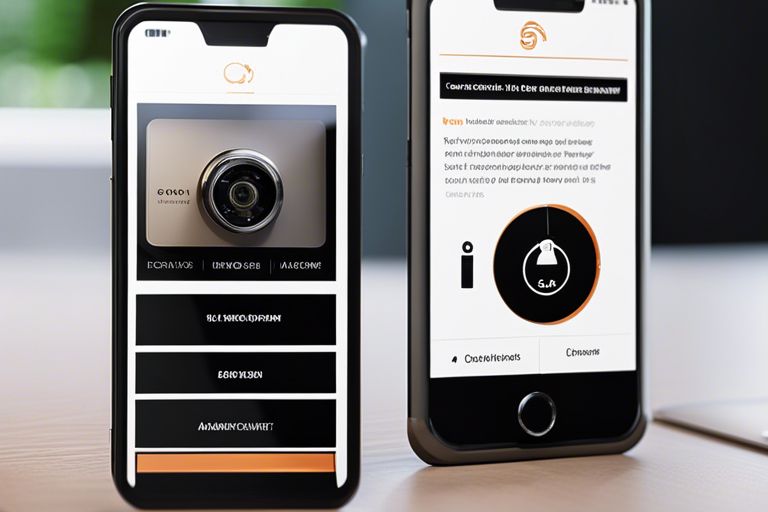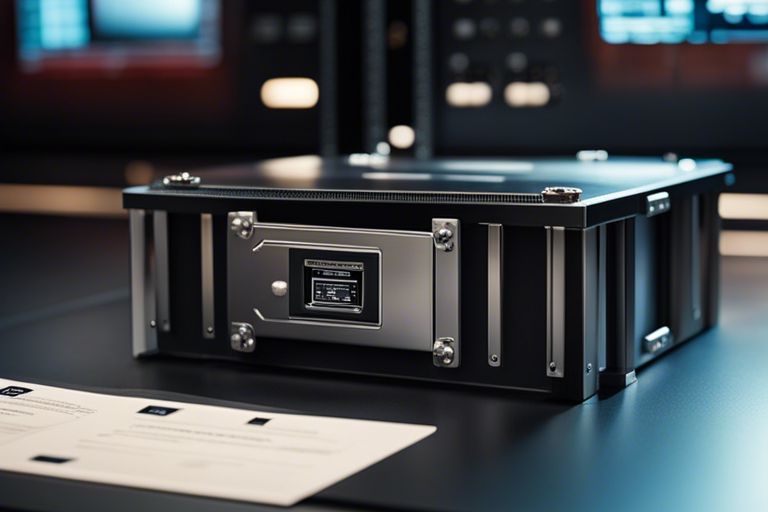Home security is a top priority for many homeowners. One of the most popular security measures is the installation of security cameras. There are many types of security cameras, but two of the most common are wired and wireless security cameras. Both types have their pros and cons, and choosing the right type for your home can be a difficult decision. In this article, we will discuss the advantages and disadvantages of both wired and wireless security cameras to help you make an informed decision.
Introduction to Wired and Wireless Security Cameras
Before we delve into the pros and cons of wired and wireless security cameras, it’s important to understand the differences between the two.
Wired Security Cameras
Wired security cameras require a physical connection to your home’s electrical system and an internet connection to function. The cameras are connected to a recording device, which is typically located inside your home. The recording device stores the footage captured by the cameras.
Wireless Security Cameras
Wireless security cameras do not require a physical connection to your home’s electrical system. They use a wireless connection to transmit footage to a recording device, which can be located inside or outside your home. Some wireless cameras can be battery-powered, while others require a power source.
Pros and Cons of Wired Security Cameras
Pros
1. Reliability
Wired security cameras are known for their reliability. Since they are physically connected to your home’s electrical system and internet, there is no risk of losing the connection.
2. Better Video Quality
Wired security cameras typically provide better video quality than wireless cameras. The physical connection provides a more stable and consistent signal, resulting in clearer and smoother footage.
3. No Interference
Since wired cameras do not rely on a wireless connection, there is no risk of interference from other wireless devices in your home.
Cons
1. Installation
Wired security cameras require professional installation, which can be time-consuming and expensive.
2. Limited Mobility
Wired cameras are stationary and cannot be moved once installed. This can be a disadvantage if you need to change the camera’s angle or location.
3. Vulnerability
Since wired cameras require a physical connection, they can be vulnerable to tampering or damage.
Pros and Cons of Wireless Security Cameras
Pros
1. Easy Installation
Wireless security cameras are easy to install and do not require professional installation. They can be set up quickly and easily with minimal effort.
2. Flexibility
Wireless cameras can be moved and adjusted easily, giving you more flexibility in terms of placement and angle.
3. No Wiring is Needed
Since wireless cameras do not require a physical connection, there is no need to run wires throughout your home.
Cons
1. Reliability
Wireless security cameras are not as reliable as wired cameras. They rely on a wireless connection, which can be affected by interference or distance from the recording device.
2. Video Quality
Wireless cameras may not provide the same level of video quality as wired cameras. The wireless signal can be inconsistent, resulting in lower-quality footage.
3. Battery Life
Wireless cameras that are battery-powered may have limited battery life, requiring frequent recharging or battery replacement.
Conclusion
Choosing between wired and wireless security cameras can be a difficult decision. Both types have their pros and cons, and the right choice depends on your specific needs and circumstances. Wired cameras are known for their reliability and high-quality footage, but they require professional installation and do not offer the flexibility of wireless cameras. Wireless cameras are easy to install and provide more flexibility, but they may not be as reliable and can have lower-quality
footage. When choosing a security camera system, consider your budget, the size and layout of your home, and your personal preferences.
FAQs
- Are wired security cameras more secure than wireless cameras? While wired cameras can be more vulnerable to tampering or damage, they are generally considered to be more secure than wireless cameras due to their physical connection to your home’s electrical system and internet.
- Can wireless cameras be hacked? Wireless cameras can be hacked if they are not properly secured. It’s important to use strong passwords and ensure that your wireless network is secure to prevent unauthorized access.
- Can wireless cameras be used outdoors? Yes, wireless cameras can be used outdoors, but it’s important to choose a camera that is designed for outdoor use and can withstand weather conditions.
- Can wired cameras be moved? Once installed, wired cameras cannot be moved without professional assistance. If you need to move the camera, you will need to have it professionally uninstalled and reinstalled in the new location.
- Do wireless cameras require internet access? Yes, wireless cameras require internet access to transmit footage to the recording device. Without internet access, the cameras cannot function properly.






